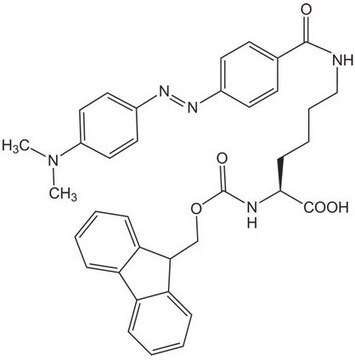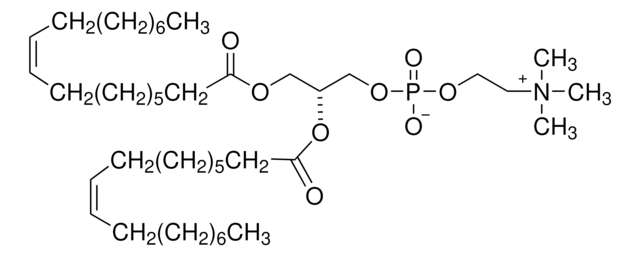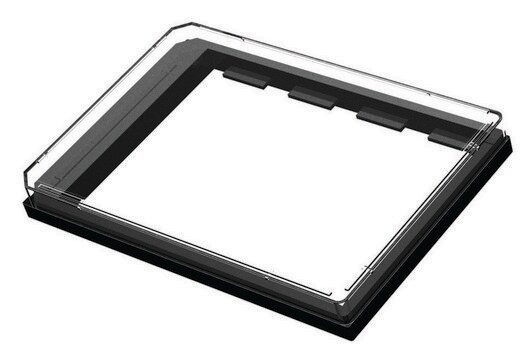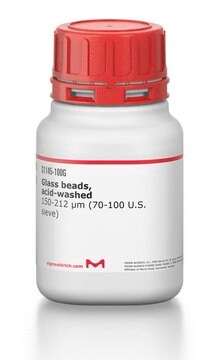860202C
Avanti
16:0 Phosphatidylbutanol
1,2-dipalmitoyl-sn-glycero-3-phosphobutanol (sodium salt), chloroform
Synonym(s):
1,2-dihexadecanoyl-sn-glycero-3-phosphobutanol (sodium salt)
About This Item
Recommended Products
assay
>99% (TLC)
form
liquid
packaging
pkg of 1 × 2.5 mL (860202C-25mg)
manufacturer/tradename
Avanti Research™ - A Croda Brand 860202C
concentration
10 mg/mL (860202C-25mg)
shipped in
dry ice
storage temp.
−20°C
InChI
1S/C39H77O8P.Na/c1-4-7-10-12-14-16-18-20-22-24-26-28-30-32-38(40)44-35-37(36-46-48(42,43)45-34-9-6-3)47-39(41)33-31-29-27-25-23-21-19-17-15-13-11-8-5-2;/h37H,4-36H2,1-3H3,(H,42,43);/q;+1/p-1/t37-;/m1./s1
InChI key
CZFXRJUSZGHONR-GKEJWYBXSA-M
General description
Application
Biochem/physiol Actions
Packaging
Legal Information
signalword
Danger
Hazard Classifications
Acute Tox. 3 Inhalation - Acute Tox. 4 Oral - Aquatic Chronic 3 - Carc. 2 - Eye Irrit. 2 - Repr. 2 - Skin Irrit. 2 - STOT RE 1 - STOT SE 3
target_organs
Central nervous system, Liver,Kidney
wgk_germany
WGK 3
Certificates of Analysis (COA)
Search for Certificates of Analysis (COA) by entering the products Lot/Batch Number. Lot and Batch Numbers can be found on a product’s label following the words ‘Lot’ or ‘Batch’.
Already Own This Product?
Find documentation for the products that you have recently purchased in the Document Library.
Our team of scientists has experience in all areas of research including Life Science, Material Science, Chemical Synthesis, Chromatography, Analytical and many others.
Contact Technical Service








